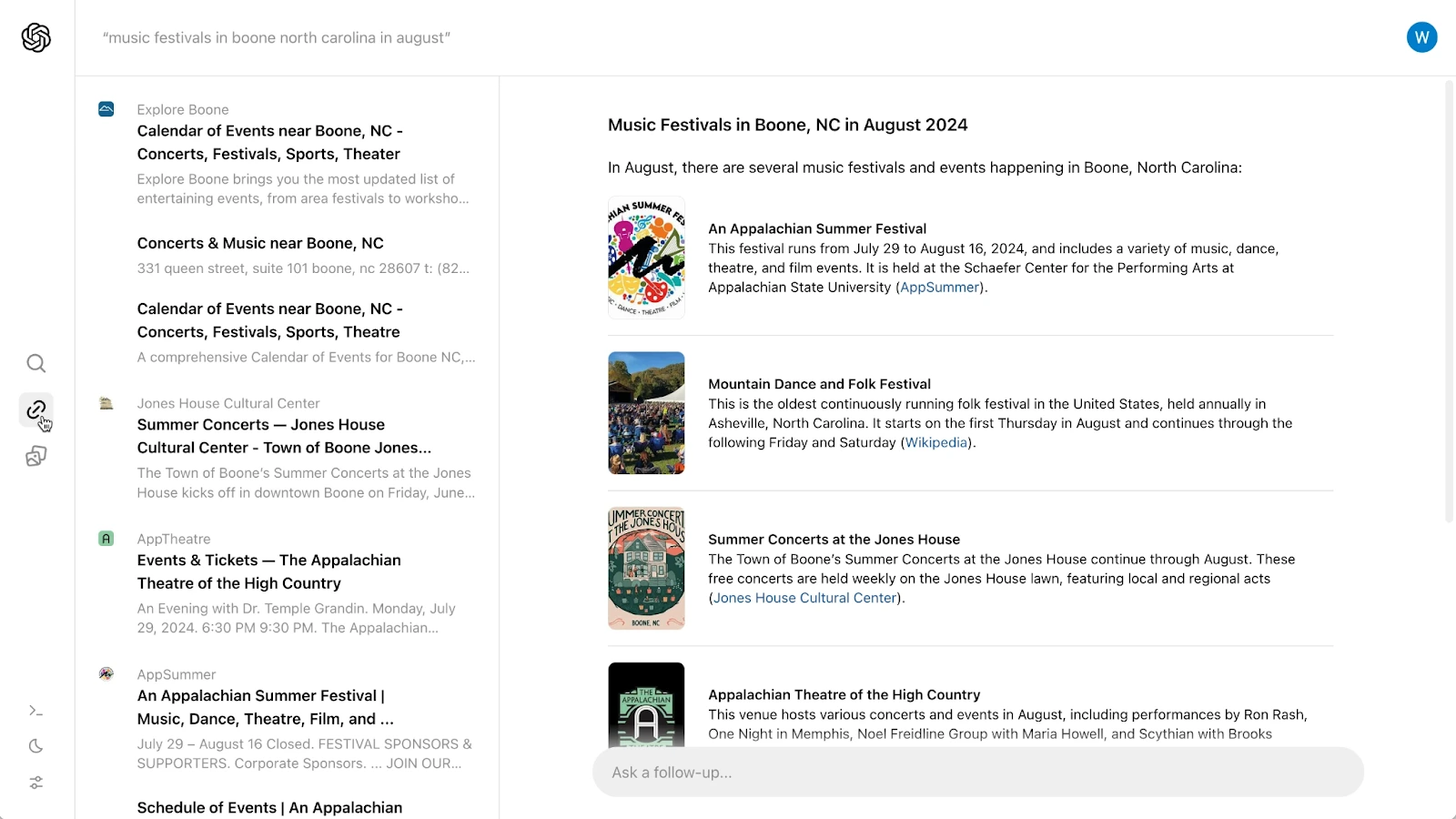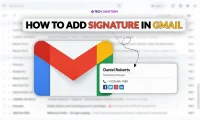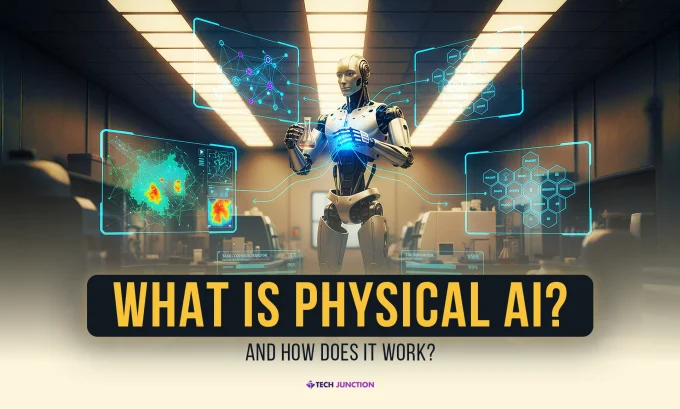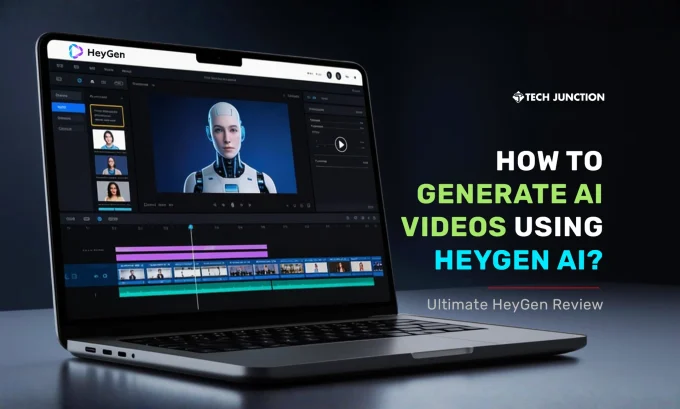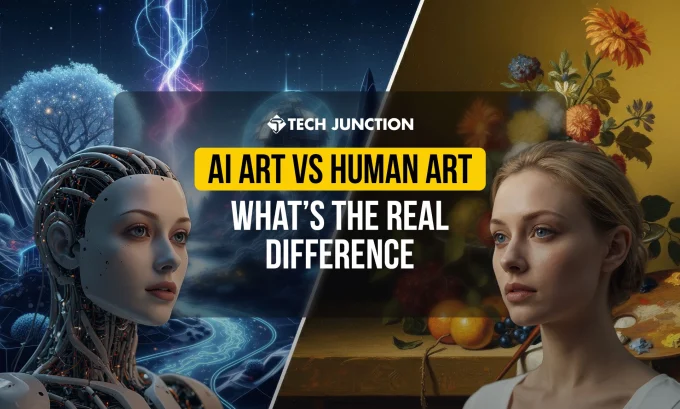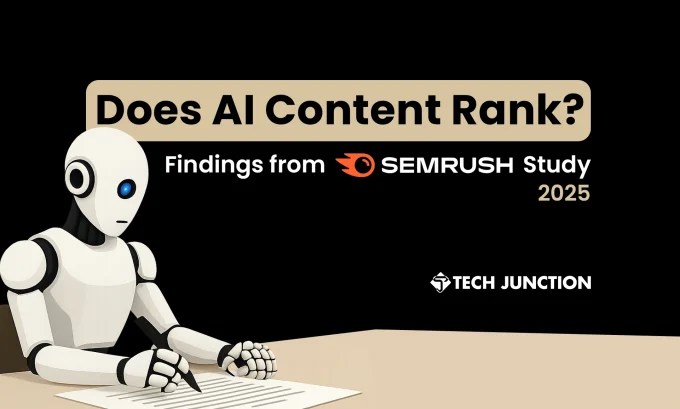NewsAI
 KalimUllahAugust 7, 20243 Mins read230 Views
KalimUllahAugust 7, 20243 Mins read230 Views
OpenAI Launches SearchGPT
OpenAI launches SearchGPT, a new AI-powered search engine offering direct answers and real-time information. You can join the waitlist now!
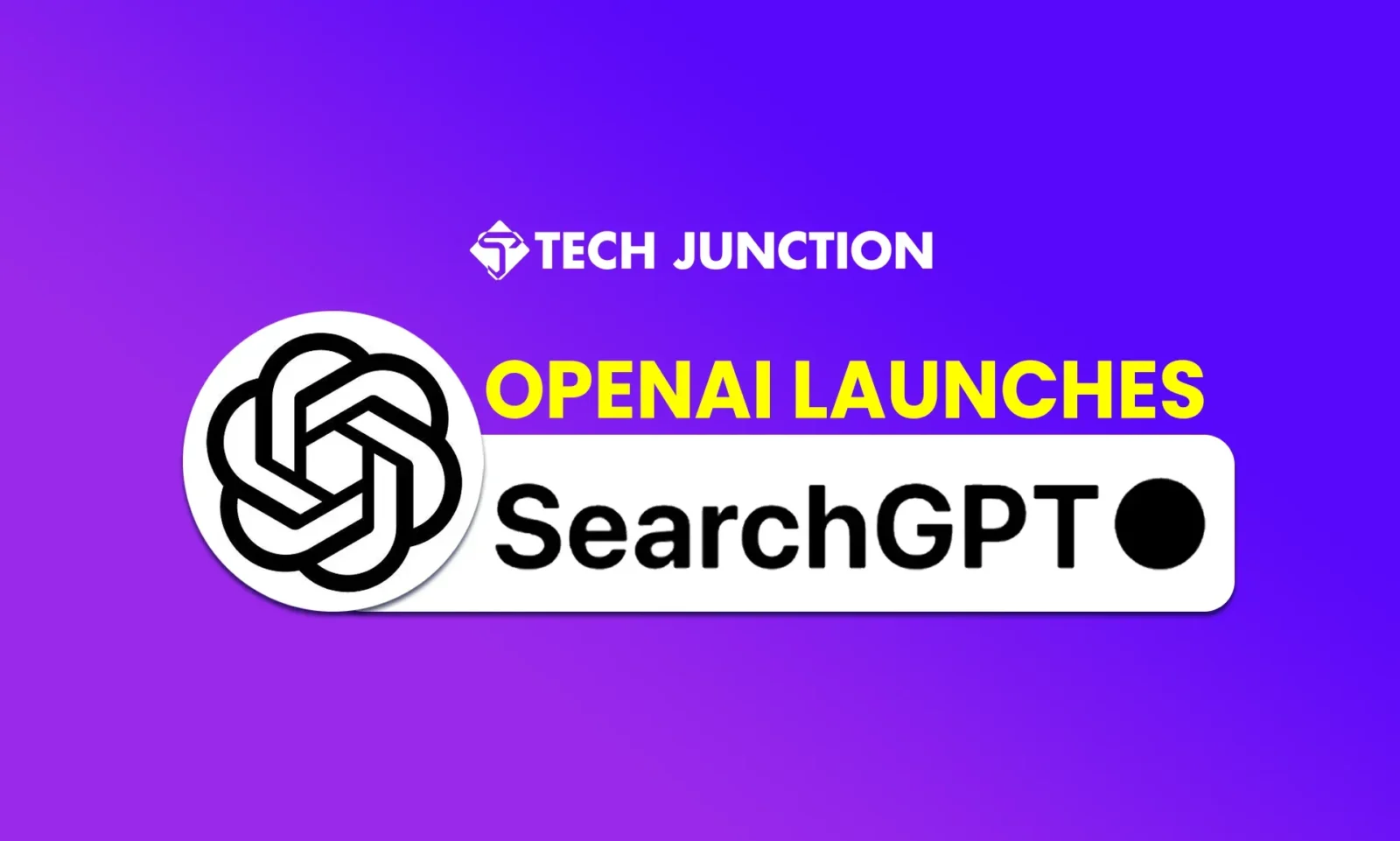
Written by
KalimUllah
Meet Kalim, a writer on a mission to craft content that outshines search engines. A storyteller lost in imagination and a singer who believes that every note and lyric reflects real human feelings.
-Sponsored-


Related Articles
AI  Misha ImranFebruary 12, 2026
Misha ImranFebruary 12, 2026
What is Physical AI and How Does It Work?
Physical AI explained: what is physical AI, how it works, use cases...
ReviewsAI  KalimUllahFebruary 3, 2026
KalimUllahFebruary 3, 2026
How to Generate AI Videos using HeyGen AI? HeyGen Review in 2026
Explore this detailed HeyGen Review to learn how to generate AI videos...
AI  Meer KaleemJanuary 19, 2026
Meer KaleemJanuary 19, 2026
AI Art vs Human Art: What’s the Real Difference?
AI art vs human art is a new debate on the internet....
AI  Meer KaleemDecember 31, 2025
Meer KaleemDecember 31, 2025
Does AI Content Rank – Findings from Semrush Study 2025
One of the most common uses of artificial intelligence is to create...

